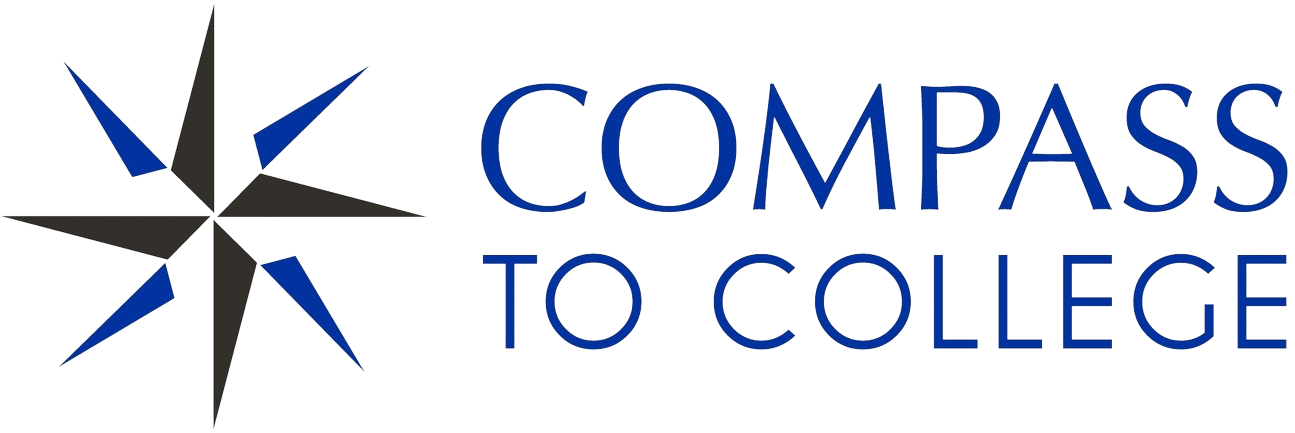Applying to College with a Learning Difference or ADHD
By Brooks Imel
If you have a learning difference (LD) or ADHD and are applying to college, you need to start the process by asking yourself one very important question:
“What accommodations and supports do I currently rely on for my schoolwork?”
This may seem inconsequential, but it’s important to actually reflect on this question. Many LD high school students have actually not stopped to think about this before. In high school, students and their families are so busy “getting through” it all that accommodations and supports are often added piecemeal—as problems arise. So you may have some supports that you don’t really think about that often.
To illustrate, consider this (fictional) example: Susy has dyslexia and ADHD. She was diagnosed in 6th grade, and has an IEP that her school follows. Her parents and guidance counselor take care of arranging her extended time accommodations for all of her testing both in school and on standardized tests (ACT, SAT, AP’s, etc.). Note: Read more about requesting SAT and ACT accommodations here. When evaluating her needs in college, Susy might only consider her extended time and IEP as her supports—but what about the “behind the scenes” work that her parents and guidance counselor do on her behalf? This is very important, because depending upon the college, Susy may have to do all of this coordinating on her own. She won’t have this extensive support network arranging accommodations for her. So, Susy needs to think broadly about what support she needs—can she do all of this alone, or would she feel more comfortable in a learning environment where she has some extra support? Understanding what you will need in college is a very important first step in the college selection process, and it will help you decide what kind of supports to look for when applying to college.
Different colleges and universities will all have different levels of support for students with LD. To illustrate the differences between them, I find it helpful to use the categories established by Marybeth Kravets and Imy Wax in The K&W Guide to Colleges for Students with Learning Differences (2019). They group levels of support into three categories: Services (S), Coordinated Services (CS), and Structured Programs (SP).
A “Services” level of support simply means that the college or university offers the basic services that are required by law for all students with disabilities. In this kind of environment, you’ll need to be comfortable being your own advocate. There will be a contact person and an office to deal with disability services. But, in general, their role is simply to validate that you are entitled to services (i.e., they will ask you for all of your documentation proving that you have LD/ADHD) and answer basic questions. In terms of getting your accommodations in your courses (be it extended time, use of a calculator, recording devices, etc.), you will need to approach your professors yourself and make appropriate arrangements to get those accommodations. And you need to be aware of the procedures that you need to follow—you cannot show up on test day and ask for extended time! If you are at a school with basic services, you need to make professors aware of your needs in the beginning of each term. Schools with basic services also may be limited in what they deem “reasonable” in terms of granting accommodations to students with learning disabilities and ADHD. Keep this in mind as you craft your college list, and make sure that you are applying to schools where you’ll be able to succeed!
For a student like Susy, my fictional example, she might want to look for schools with Coordinated Services (CS). Every school with coordinated services will be different, and some are more “coordinated” than others, but this category of support offers more scaffolding for students with LD and ADHD who require a bit more support. At a university with Coordinated Services, there will be at least one (often more) certified learning disability specialist, and she and her team will help facilitate student accommodations and point students to resources and guidance, should they require extra academic support (tutoring, remedial coursework, etc.).
The highest level of support for LD/ADHD students are “Structured Programs.” These are programs within a university that are highly organized—sometimes a “school-within-a school” (e.g., the SALT program at the University of Arizona or the Learning Resource Program at Adelphi University). Be aware when pursuing a Structured Program that you may have to apply directly to the program itself when applying to college. Although programs vary by school, you can expect to receive one-on-one tutoring and academic coaching from experts in LD and ADHD (or graduate students who are studying in relevant fields). Another important element of these programs is that someone will be monitoring your progress through college. This ensures that you receive the support or learning intervention you need—and it ensures that you can focus on your coursework without worrying about the administrative side of actually receiving the accommodations you need. You’ll have someone watching over you who will help you recognize when you need help, and you’ll have a team of people providing you with targeted academic support that’s individualized to your needs. If you have a very pronounced learning difference or severe ADHD, you may want to consider a Structured Program.
There is much to consider when applying to college, and if you have successfully navigated high school with a learning difference or ADHD, you have even more to think about! But it’s very important that you take the time to seriously reflect on your needs, so that you can hit the ground running in college and focus on the reason you’re there: to learn!

